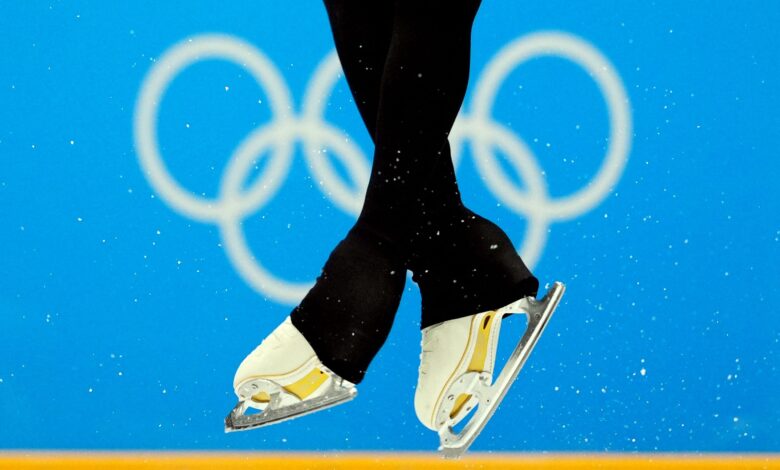THE HULA REPORT: Cracks in the Ice for Winter Olympics

Midway through the Beijing Winter Olympics, there are renewed signs of trouble that just won’t go away. These bellwethers cannot be ignored, perils affecting both Winter and Summer Games.
The saga over Russian doping sadly will include a new chapter in Beijing. The questions looming over the case of figure skater Kamila Valieva and her positive test in December for a banned substance used for cardiac treatment is to put it one way, a heartbreaker.
After sanctions stemming from a program of state-sponsored doping seven years ago, the revelation of Valieva’s positive test in December provides little assurance of change in Russia.
The drug in question, trimetazidine, is on the banned substances list for the increase in stamina it can bring to an athlete. There is no doubt to its prohibited status. Yet despite the notoriety and punishment Russia endures, trimetazidine somehow was administered to the 15-year old figure skater. It strains credibility that the teenager was responsible.
Since then due process and confidentiality made it possible for Valiyeva to compete in Beijing and place first in the teams event and now is entered in the ladies single competition.
A week after the team event, the IOC has yet to schedule a medal ceremony pending review of the legal situation. More certain than a medal ceremony are months of hearings and possible appeals. Even an emergency review of the matter now before the adhoc Court of Arbitration for Sport panel in Beijing may not relieve the confusion and suspicion over Valiyeva’s case.
Once again, the integrity of Olympic competition is under question over doping, once more with Russia. This despite the sanctions levied in 2019 by the World Anti Doping Agency and the IOC. This despite the work of the newly formed Independent Testing Agency meant to erase doubts over doping at the Olympics.
Trouble on a different front for the Olympics with the erosion of viewers for the Winter Oympics for U.S. rightsholder NBC. The biggest single source of cash for the IOC, NBC continues to battle waning TV audiences, for both summer and winter Games.

While the NBC deal with the IOC runs through the 2028 Olympics, declining numbers may force NBC to reconsider its outgo for the Olympics.
The primacy of the Olympics as the most watched sporting event in the world may lead NBC and other rightsholders to temper the amount of money they are willing to spend on Olympic programming as deals come up for renewal in the coming years. NBC still makes a profit from its multi billion investment in the Games, but can this good fortune last if fewer eyeballs are watching?
On a global basis, the audience for the Winter Games might get a boost from increased participation by more than the 93 nations at these Games. None were from Africa. A few from South America. Outside of Japan, China and South Korea, Asia is another blank slate. With most of these missing corners of the world lacking any winter sport heritage it seems unlikely there will be any change. It remains to be seen whether an event limited to athletes from North America and Europe can flourish or flounder.
KEEP READING:




